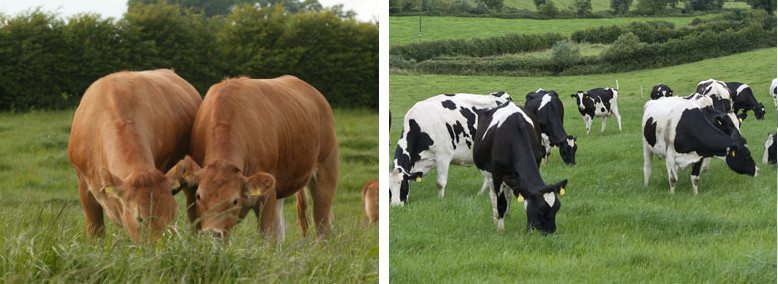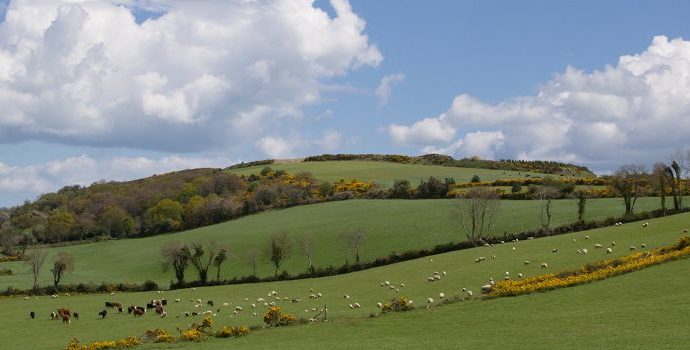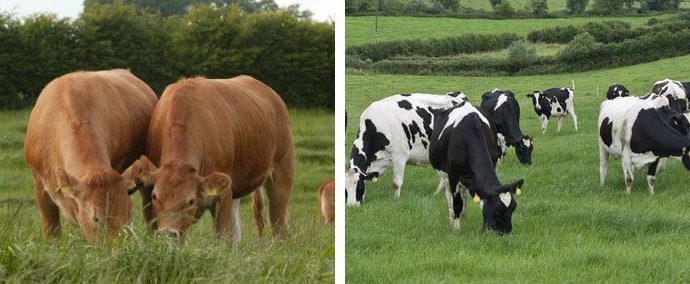IFA Vent Frustration at Lack of Staff to Implement Wildlife Control Programme

IFA Animal Health chair TJ Maher has expressed serious concern at the Department of Agriculture’s failure to implement a successful wildlife control programme that can make a meaningful impact on TB levels.
“It`s ridiculous to think that additional funding for the hiring of FRS operatives to the Wildlife Control Programme was committed by the Department of Agriculture last March, and yet this still hasn’t translated to the hiring of staff on the ground,” he said.
The Department of Agriculture recently revealed to the TB Implementation Working Group that they are understaffed by over 13 Technical Agricultural Officers throughout the country with responsibility for implementing the Wildlife Control Programme.
“The number of TB reactors in Ireland has increased to almost 30,000. The correlation between rising TB numbers and staff shortages in the Wildlife Control Programme cannot be denied. The Dept has already acknowledged that TB is at a critical juncture in this country, but progress won’t be made if the Department doesn’t put the personnel on the ground,” he said.
TJ Maher said the Department of Agriculture would be serving farmers a lot better with the effective implementation of the Wildlife Control Programme centred on density reduction. When done well in the past, it made a substantial impact in reducing TB levels. Unfortunately, the eye has been taken off the ball by the Department and as a result farmers are paying a high price.
Substantial changes and some significant enhancements have been agreed by the stakeholders in the TB programme, but the majority of these have either not been implemented, or in a very ad hoc manner in Regional Veterinary Offices throughout the country.
The IFA Animal Health chair said to start making a meaningful impact on reducing TB numbers and reducing the burden of the controls on farmers, the Department of Agriculture must focus on providing an effective, fully-resourced Wildlife Control Programme.



